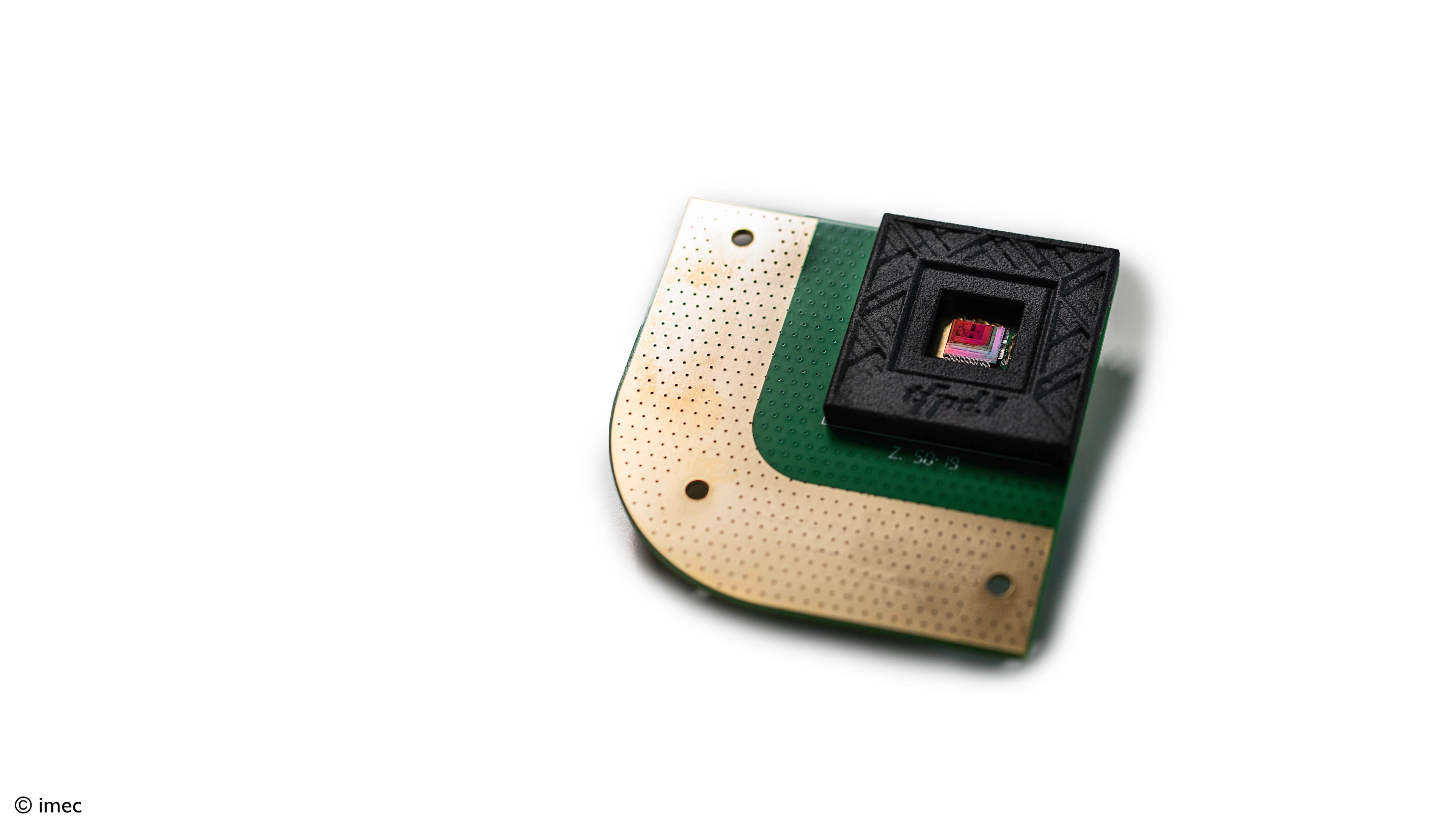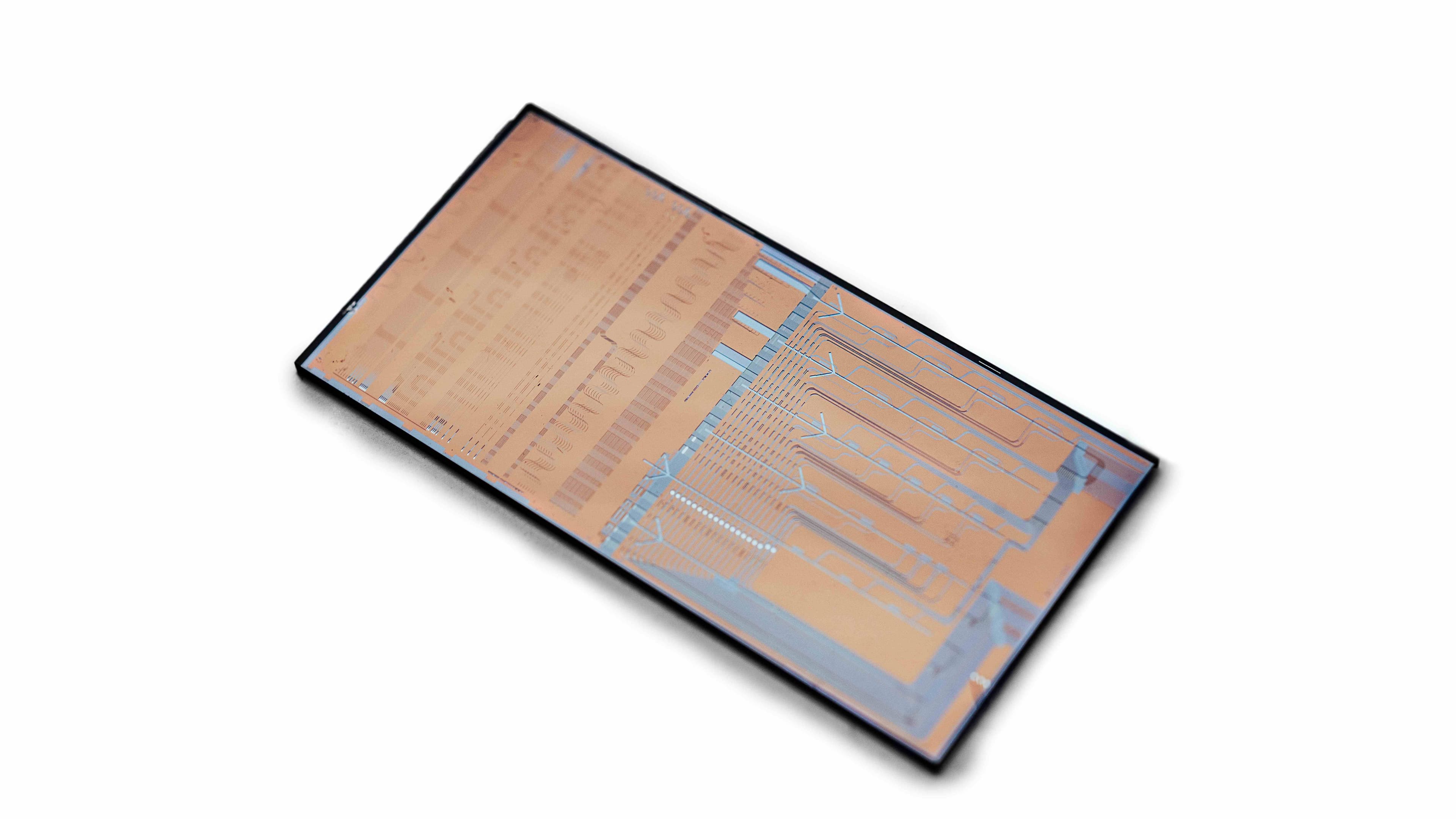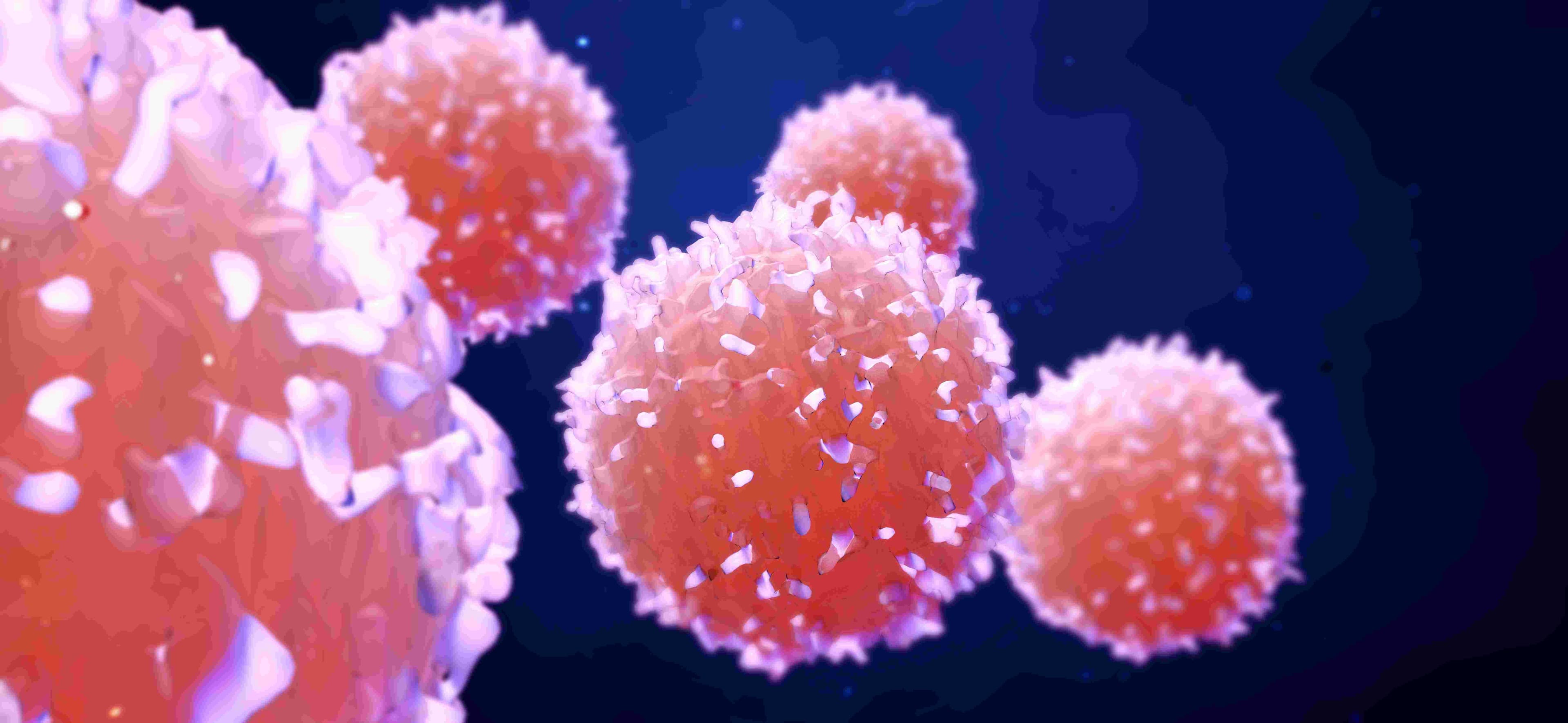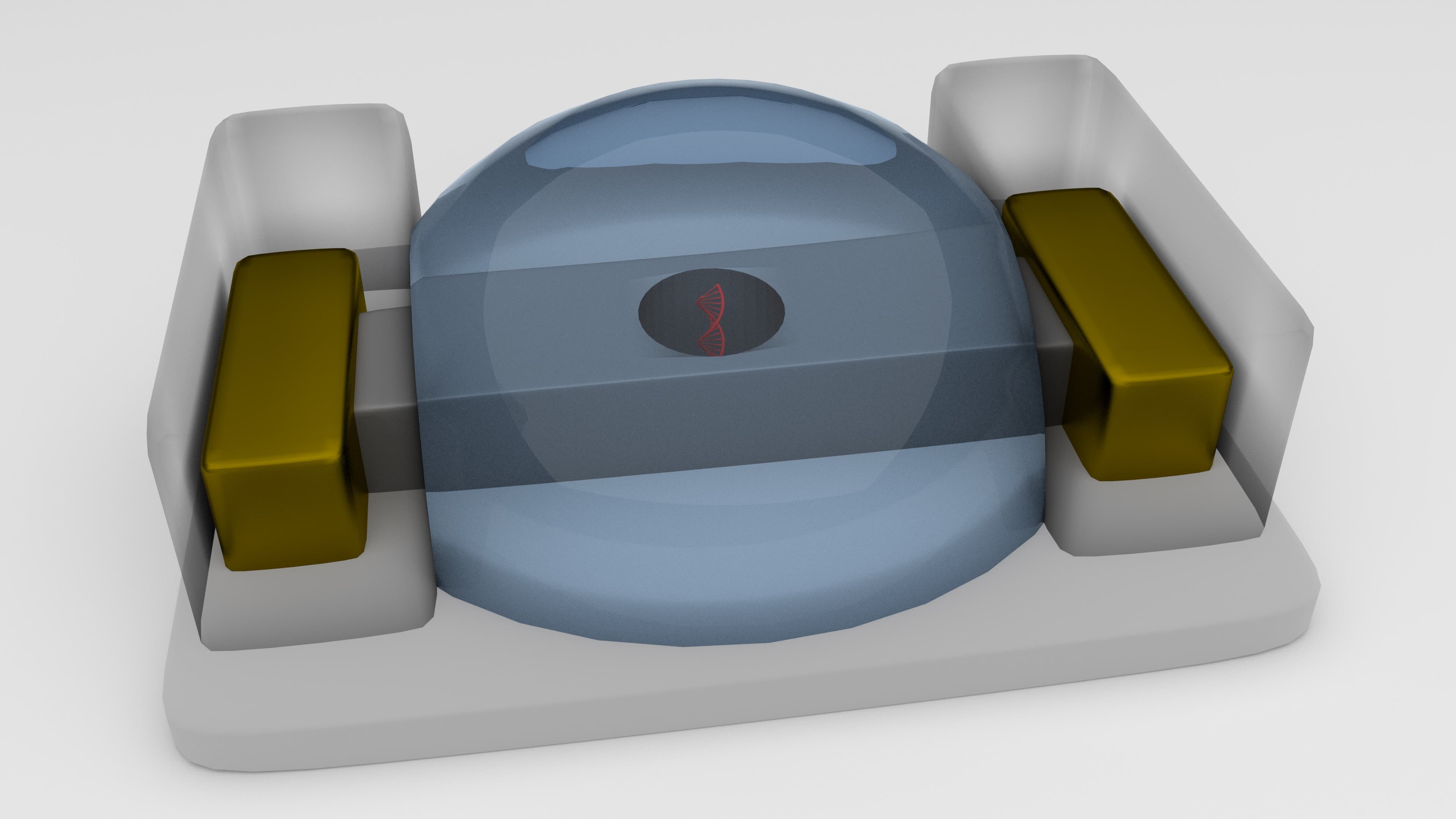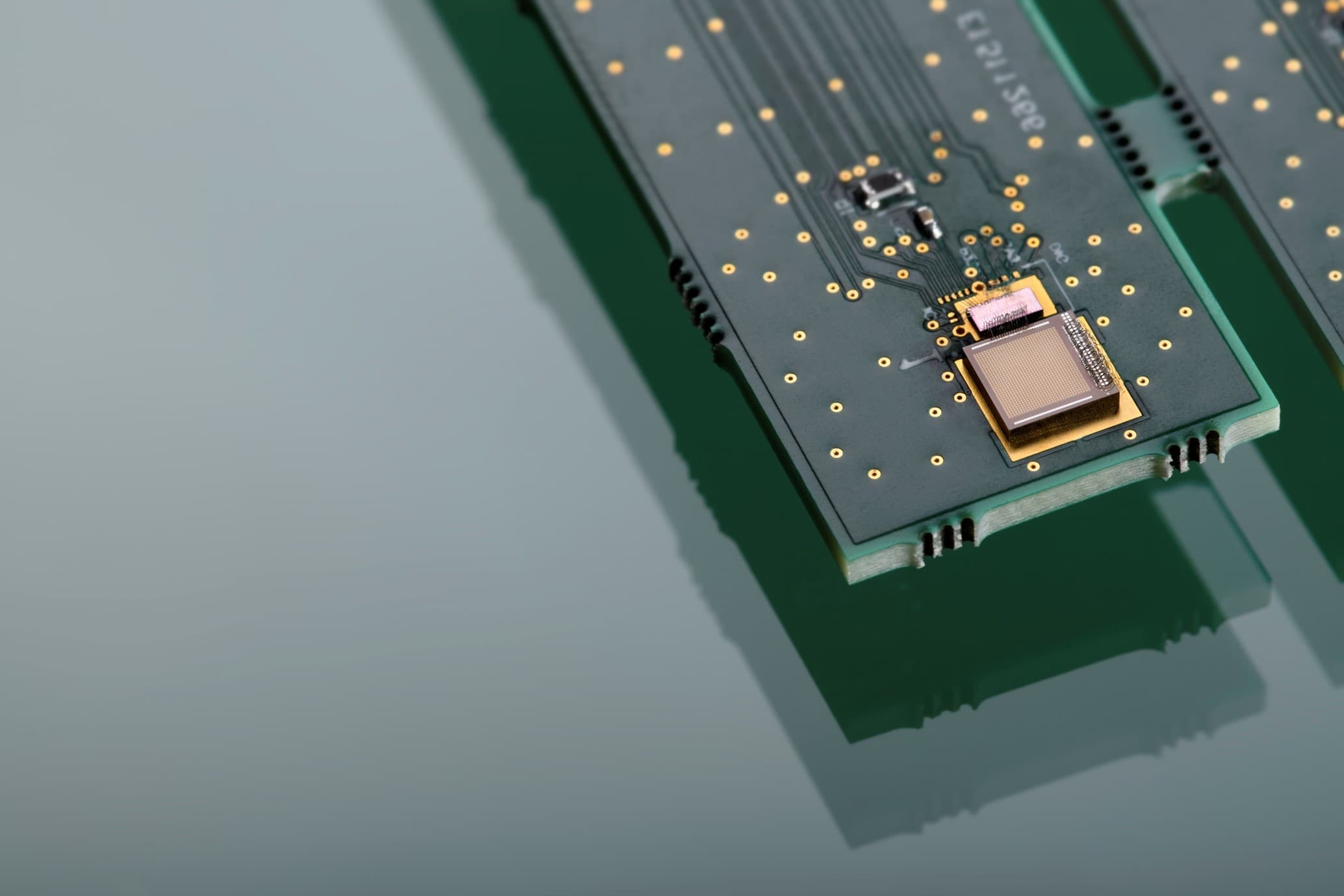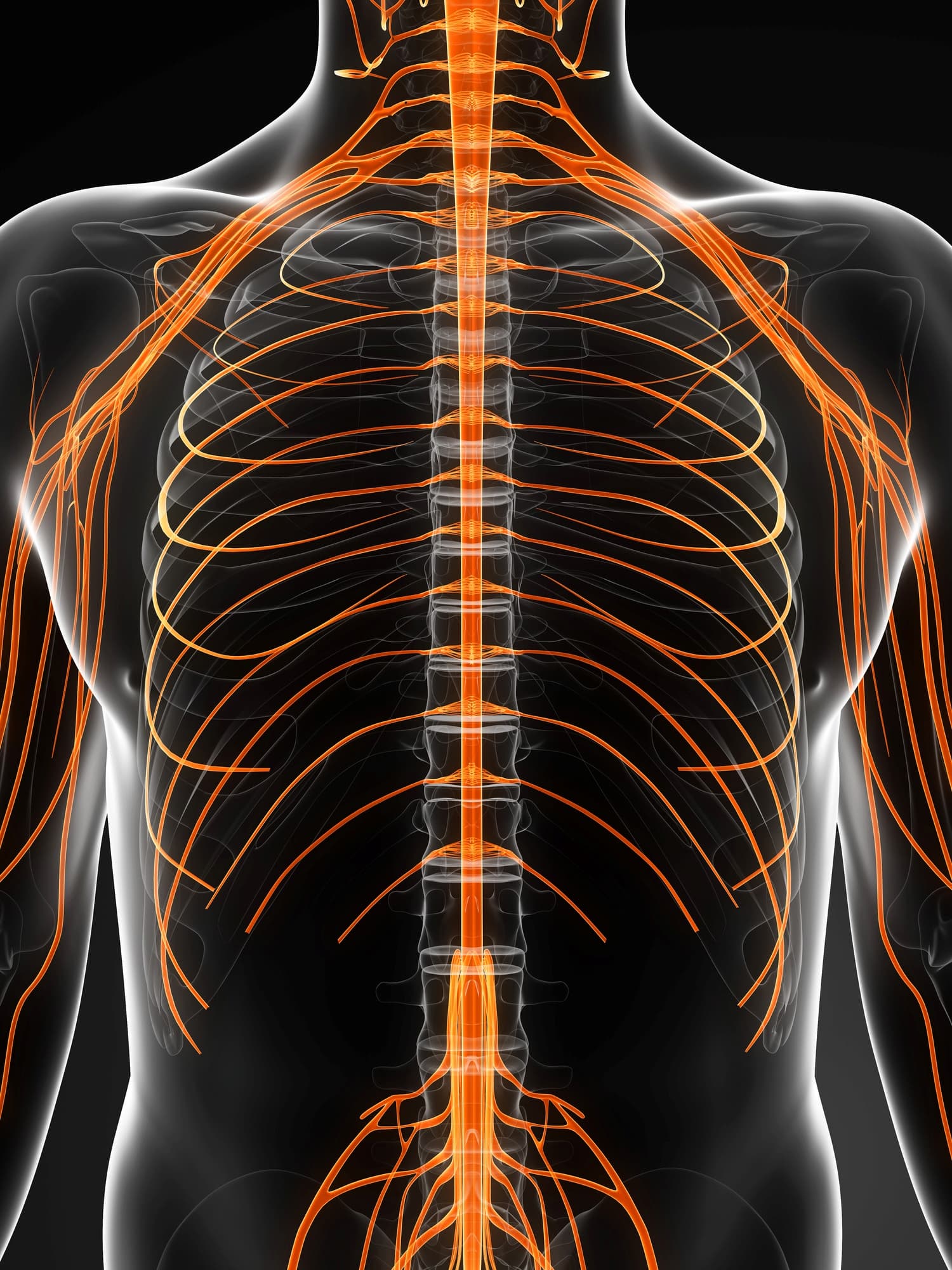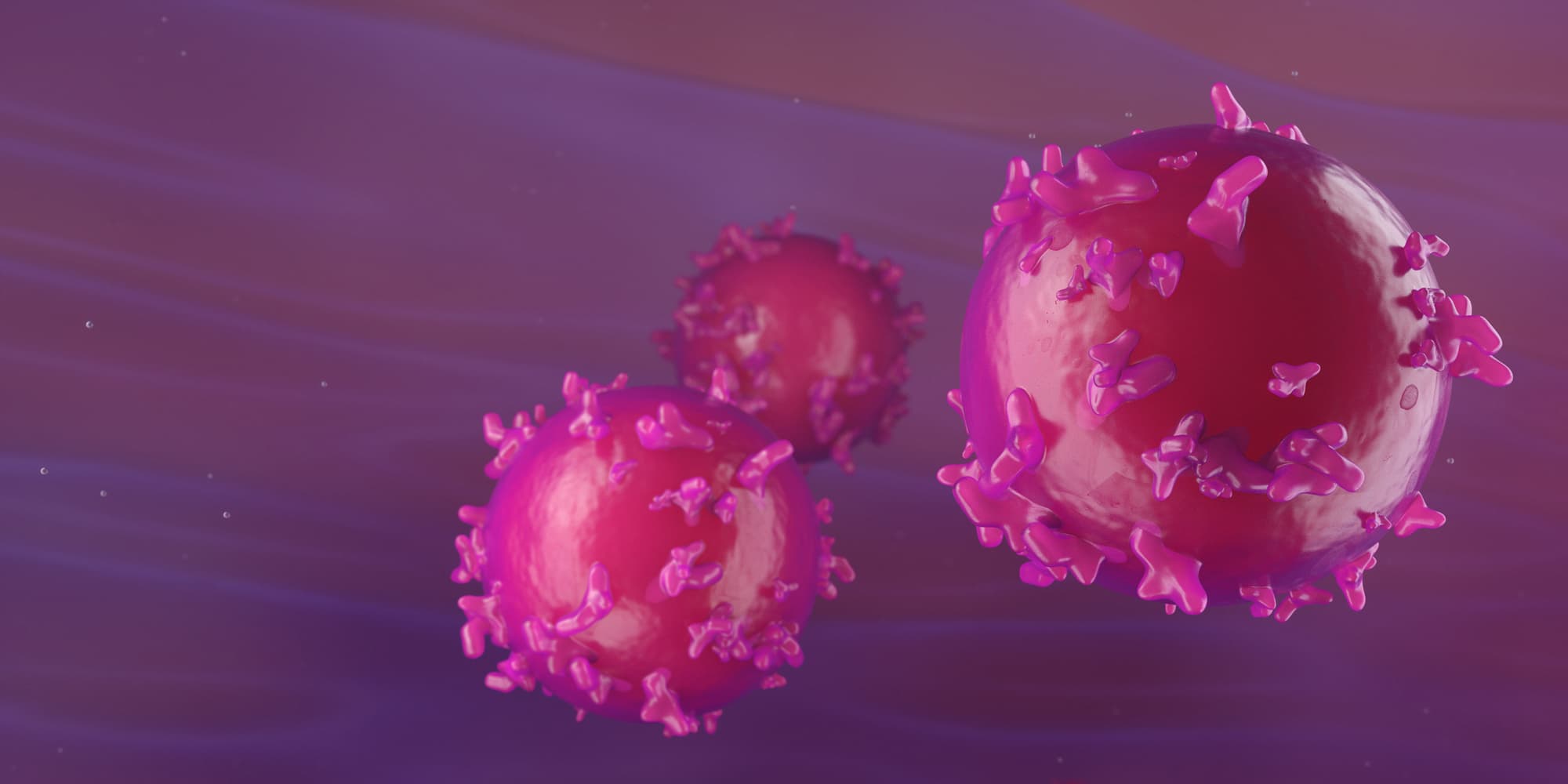
The role of exhaled particles in disease transmission & diagnostics
The SARS-CoV-2 virus took many by surprise. One of the reasons is that we had insufficient insight into how the virus is transmitted via exhaled particles that become airborne.
How can we better prepare for the future? Can we develop new tools for understanding and monitoring airborne viral transmission more thoroughly? And could these new tools also be used for screening and diagnostic purposes, not only for SARS-CoV-2, but also other respiratory pathogens such as tuberculosis and RSV?
During this mini conference on demand, imec hosts a 2-hour scientific conference on the importance of exhaled particles in respiratory infectious disease transmission and management. Since cross-collaboration between these domains will bring true innovation for diagnostics, several renowned speakers from the medical and engineering world will discuss the topic, including Donald Milton (Professor of Environmental Health at the University of Maryland School of Public Health), Jose-luis Jimenez (Distinguished Professor of Chemistry and Fellow of CIRES; University of Colorado-Boulder.),Morten Ruhwald (Head of the tuberculosis program at FIND), Bert Verbruggen (IVD Program Manager at imec) and Michael Masterman-Smith (Consultant to RADx, the National Institutes of Health).
Speakers

Jose-Luis Jimenez
Distinguished Professor of Chemistry and Fellow of CIRES; University of Colorado-Boulder.
Presentation: The modes of transmission of SARS-CoV-2: science and history
Jose-Luis Jimenez is a Distinguished Professor of Chemistry and a Fellow of CIRES at the University of Colorado at Boulder. He earned his PhD at MIT in 1999 and his MS at the Univ. of Zaragoza (Spain) and Univ. of Compiegne (France) in 1993. His research group focuses on advanced real-time aerosol measurements, as well as computer modeling. He is a Highly Cited Researcher, and a Fellow of the AAAR and the AGU. He has been investigating airborne transmission for the last 2 years, and has coauthored papers in e.g. The Lancet and Science on this topic, and has collaborated on research on the history of this topic [1, 2].

Morten Ruhwald
Head of the tuberculosis program, FIND
Presentation: FIND perspective on aerosol capture in tuberculosis
Morten Ruhwald, MD, PhD leads the TB programme at FIND in Geneva, Switzerland. Prior to joining FIND Morten was Chief Medical Officer at Statens Serum Institut in Copenhagen, Denmark where he oversaw the clinical development of TB and Chlamydia vaccines and specific skin tests for TB infection. At FIND Morten is responsible for a large portfolio of development projects and clinical trials on new TB diagnostics. A key aim of the program is to support development and evaluate new non-sputum based tests and sampling strategies such as aerosols to prepare for the post pandemic recovery of hard hit TB programs in low and middle income countries.

Bert Verbruggen
IVD Program Manager, imec
Presentation: Capturing exhaled particles with silicon - a covid success story
Bert is program manager at the imec solutions department and is responsible for the development of the SAR-CoV-2 breath sampling technology. Before joining imec 2 years ago he was product development director at MyCartis, a Flemish startup, responsible for the development of an immunoassay based IVD system. Earlier he worked as a consultant in medical and lifesciences product development at Verhaert. Bert holds a PhD in nanotechnology and biosensing and a master in bioscience engineering from the KULeuven.

Michael Masterman-Smith
Consultant to RADx, the National Institutes of Health
Presentation: Rapidly accelerating innovation in a pandemic.
Michael Masterman-Smith is an American entrepreneurial scientist. He is a Portfolio Executive with the United States Rapid Acceleration of Diagnostics (RADx) COVID-19 response initiative. He additionally is CEO and co-founder of the nanotechnology company Creative Sciences, Inc. Michael was an inaugural interdisciplinary STEM scientist in the California NanoSystems Institute specializing in precision single cell cancer diagnostics. Early in his biomedical career he co-discovered the elusive yet highly malignant ‘cancer stem cell’ in pediatric brain tumors. This pan-cancer discovery helped inform a transformational shift in cancer biology, diagnostics and therapeutics directed at these cells. He received his doctorate in Molecular & Medical Pharmacology from the David Geffen School of Medicine at UCLA and did postdoctoral training in bioengineering in the UCLA Samueli School of Engineering and Applied Sciences.

Peter Peumans
CTO Health, imec
Moderator
Peter Peumans holds a Ph.D. in electrical engineering from Princeton University, and a bachelor’s and master’s degree from KU Leuven. Prior to joining imec, Dr. Peumans was a professor of electrical engineering at Stanford University. He is the recipient of an NSF CAREER award and a Belgian-American Educational Foundation honorary fellowship. He is currently responsible for imec's strategy in health.
Who watch this webinar?
- Academics, Researchers & Clinicians with an interest in disease transmission
- Policy makers who want to be prepared for (future) pandemics
- Diagnostic companies with an interest in diagnostics through exhaled particles

